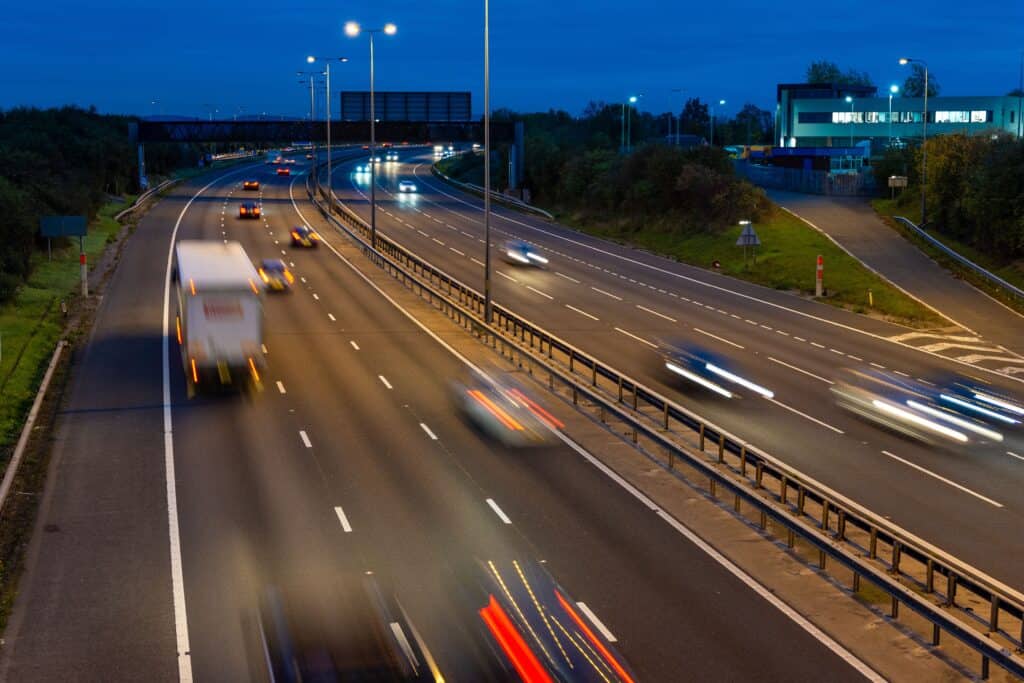
‘Record’ Number Of Drivers Facing Speeding Charges…
A record number of drivers are facing speeding charges in court, according to the latest data.
The news came from the 2022 Criminal Justice Statistics, and it showed that 245, 043 drivers appeared in court accused of speeding in 2022 – the highest figure EVER.
Data also revealed that drink driving cases rose while drug and mobile phone prosecutions fell last year.
What About Fleet Driver’s Safety?
When you see figures about driving offences, the first thought is probably about your safety on the road.
The reality is that for fleet owners, there are three key components to their driver’s safety:
- The Safety Of The Vehicle
- The Actions Of The Driver Themselves
- The Actions Of Other Drivers On The Road
Clearly, only two of those can be controlled and the actions of other drivers on the road are difficult to mitigate for, other than being safe and cautious at all times.
Fleet owners are constantly trying to ensure that their fleet and drivers are as safe as possible to ensure that they’re complying with the law and making the road a safer place for other drivers and road users.
However, the research does also show that the majority of offences take place on public roads, not motorways.
That’s likely because motorways are fitted with SO many speed cameras that the outcome is usually an automatic fine unless it’s another offence or exceeding significant speeds.
Last year’s total figures show that more than 700,000 motoring offence cases went to court, with more than 642,000 resulting in a conviction. That means the rate of conviction for cases that reach the courts is 9 in 10, showing just how serious it is when a driver is charged.
Education, monitoring, and safety procedures are already a key part of fleet operations, as we know, but the figures show just how important it is that those things continue, and it emphasises their importance.
We all know the implications of driving at higher speeds – the fatality rates of accidents increase significantly with every additional 5/10 mph speed that’s being driven.
Not only that but driving at increased speeds unnecessarily can also increase wear and tear on vehicles, use more fuel, and cause strain on vehicles.
There’s also concern over the use of mobile phones while driving, which is an issue that also affects fleets.
The government has reiterated that if you must, the safe way to use a mobile device while driving is by using hands-free methods or pulling over to ensure that you can concentrate on driving safely.
Are motoring offences a significant concern for your fleet? Do you think speeding the biggest problem on the roads?
And do you think mobile phone laws are having an effect on drivers, stopping people from using them while driving? Let us know in the comments below.

